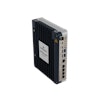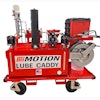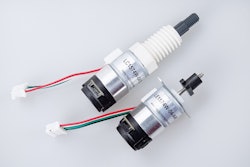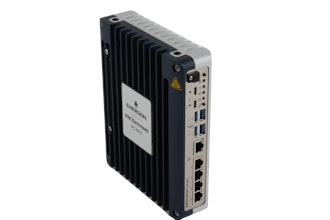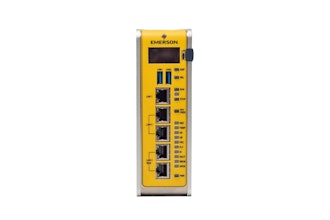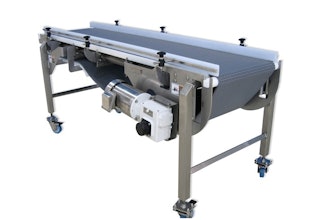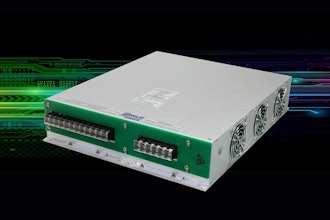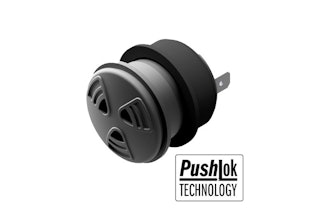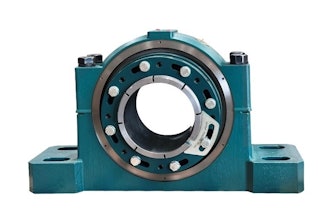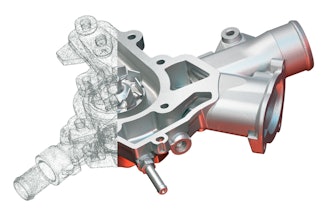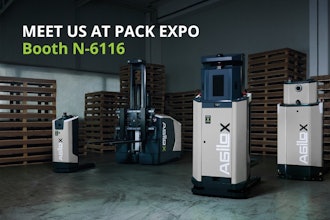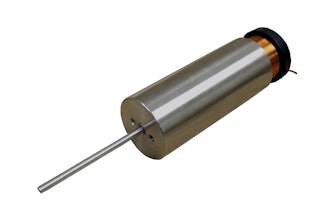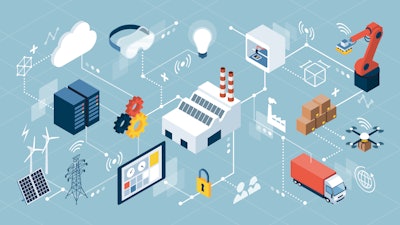
Google Cloud recently announced the launch of Manufacturing Data Engine and Manufacturing Connect, two new solutions that enable manufacturers to connect historically siloed assets, process and standardize data, and improve visibility from the factory floor to the cloud.
Once data is harmonized, the solutions enable three critical AI- and analytics-based use cases–manufacturing analytics & insights, predictive maintenance, and machine-level anomaly detection.
Manufacturers are undertaking a massive digital transformation driven by rising customer expectations, supply chain volatility, shifting buyer behavior, and more. Yet, only 21% of manufacturers have active AI initiatives in production to help solve these issues.
While data from disparate systems can be manually prepared for AI and analytics pilots, siloed data sets still need to be accessible centrally and in real-time to support production scale. Additionally, many existing AI and analytics solutions are designed to be used by data scientists and are not easy to use for manufacturing business leaders.
Manufacturing Data Engine and Manufacturing Connect, available today, help manufacturers unify their data and empower their workforce with easy-to-use analytics and AI solutions based on cloud infrastructure:
- Manufacturing Data Engine is an end-to-end solution that processes, contextualizes, and stores factory data on Google Cloud's market-leading data platform. It provides a configurable and customizable blueprint for the ingestion, transformation, storage, and access to factory data. It integrates key Google Cloud products, including Cloud Dataflow, PubSub, BigQuery, Cloud Storage, Looker, Vertex AI, Apigee, and more, into a manufacturing-specific solution.
- Manufacturing Connect is a factory edge platform co-developed with Litmus Automation that quickly connects to, and streams data from, nearly any manufacturing asset and industrial system to Google Cloud, based on an extensive library of more than 250 machine protocols. Deep integration with the Manufacturing Data Engine unlocks rapid data intake into Google Cloud for processing machine and sensor data. The ability to deploy containerized applications and ML models to the edge enables new dimensions of use cases.
Once data is centralized and harmonized by the Manufacturing Data Engine and Manufacturing Connect, it can then be used to address a growing set of industry-specific use cases, including:
- Manufacturing analytics & insights, which helps manufacturers quickly create custom dashboards to visualize key data—from factory KPIs such as Overall Equipment Effectiveness (OEE), to individual machine sensor data. Integrated with the Manufacturing Data Engine, engineers and plant managers can automatically set up new machines and factories, enabling standardized dashboards, KPIs, and on-demand drill-downs into the data to uncover new insights opportunities throughout the factory. These can then be shared easily across the enterprise and with partners.
- Machine-level anomaly detection, which helps manufacturers identify anomalies as they occur and provides alerts—leveraging Google Cloud's Time Series Insights API—on real-time machine and sensor data such as noise, vibration, or temperature.
- Predictive maintenance, which enables manufacturers to anticipate an asset's need for service, helping reduce downtime and maintenance cost. Manufacturers can leverage ML models and high-accuracy AI optimizations that are deployable in weeks.
"Bridging gaps across systems and placing easy-to-use AI directly into the hands of manufacturing engineers leads to better results," said Hans Thalbauer, Managing Director, Supply Chain and Manufacturing Industries, Google Cloud. "These new solutions can support workforce transformation initiatives by providing engineers with the tools to be self-sufficient, without the need for data scientists or additional integration code."
"The growing amount of sensor data generated on our assembly lines creates an opportunity for smarter analytics around product quality, production efficiency and equipment health monitoring, but it also means new data intake and management challenges," said Jason Ryska, Director Manufacturing Technology Development, Ford Motor Company. "We worked with Google Cloud to implement a data platform now operating on more than 100 key machines connected across two plants, streaming and storing over 25 million records per week. We're gaining strong insights from the data that will help us implement predictive and preventive actions and continue to become even more efficient in our manufacturing plants."
"With the tight integration of a powerful factory edge solution with Google Cloud, it is easier than ever for factories to tap into cloud capabilities," said Masaharu Akieda, General Manager, Digital Solutions Division, KYOCERA Communication Systems Co., Ltd. "Google Cloud's solutions enable a broader group of users beyond data scientists to quickly access, analyze and use data in a variety of use cases. We are excited to partner with Google Cloud as we implement new manufacturing solutions to optimize production operations and consistently increase quality."
"As the global innovator of solid state cooling and heating technology, we've developed a sustainable manufacturing platform that uses less water, less electricity, and less chemical waste," says Jason Ruppert, Chief Operations Officer, Phononic. "This partnership with Google Cloud allows us to contextualize data across all of our manufacturing processes – ultimately providing us the analytics and insights to optimize our operations and continue to bring to the world products that cool sustainably, reducing greenhouse gas (GhG) emissions and improving the environment."
Click here to learn more about Manufacturing Data Engine and Manufacturing Connect.

